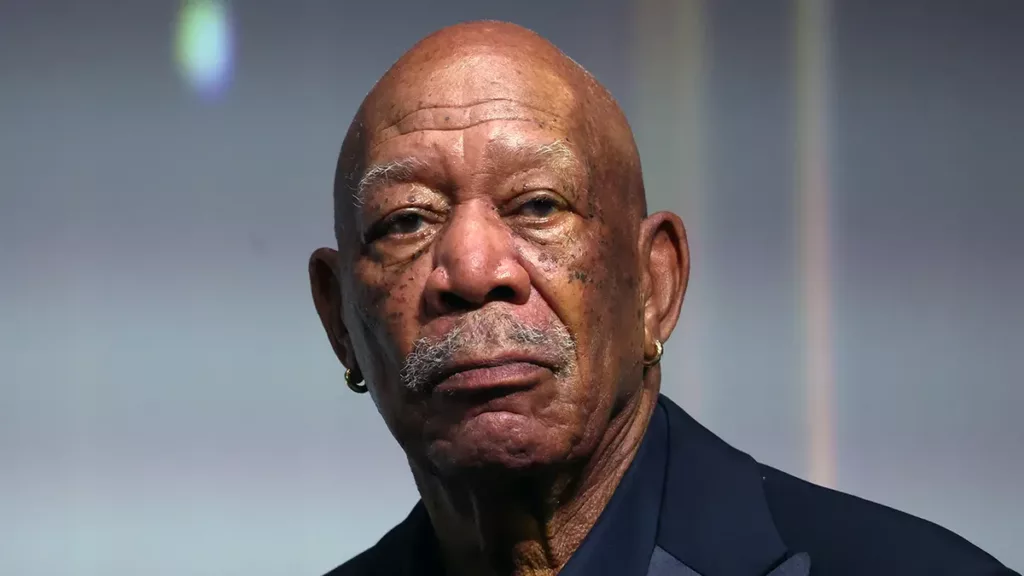Academy Award-winning actor Morgan Freeman has become the latest Hollywood star to speak out against the unauthorized use of artificial intelligence (AI) to replicate his distinctive voice. The 87-year-old actor, known for his roles in films such as “The Shawshank Redemption” and Christopher Nolan’s Batman trilogy, took to social media platform X (formerly Twitter) to address the issue.
Freeman’s statement came in response to a viral TikTok video that used AI to mimic his voice, falsely presenting the creator as the actor’s niece. The video, posted by user @justinescameraroll, began with an AI-generated voiceover stating, “Welcome to my niece’s day in the life, narrated by me, Morgan Freeman.” While initially garnering around 30,000 views on TikTok, the video exploded in popularity after being shared on X, where it amassed an additional 16 million views.
In his post, Freeman expressed gratitude to his fans for their vigilance in identifying and reporting the unauthorized AI imitation. “Thank you to my incredible fans for your vigilance and support in calling out the unauthorized use of an A.I. voice imitating me,” he wrote. “Your dedication helps authenticity and integrity remain paramount. Grateful.”
The TikTok creator, who has no actual connection to Freeman, has since apologized in a follow-up video, claiming the original post was intended as a joke. “If anyone from his [Morgan Freeman] team is watching, I am so sorry… please don’t cease and desist,” she said in her apology.
Freeman’s experience is part of a growing trend of celebrities facing challenges posed by AI technology. In May, actress Scarlett Johansson expressed anger over an OpenAI chatbot voice that sounded “eerily similar” to her own. Johansson, who ironically voiced an AI assistant in the 2013 film “Her,” had previously declined to participate in promoting ChatGPT 4.0 for “personal reasons.”
Thank you to my incredible fans for your vigilance and support in calling out the unauthorized use of an A.I. voice imitating me. Your dedication helps authenticity and integrity remain paramount. Grateful. #AI #scam #imitation #IdentityProtection
— Morgan Freeman (@morgan_freeman) June 28, 2024
The incident highlights the increasing concerns in Hollywood regarding AI’s potential to replicate actors’ voices and likenesses without consent. Lori McCreary, CEO of Freeman’s production company Revelations, told Deadline in early June that she had been fooled by an AI deepfake of the actor. She emphasized the need for tools to verify authenticity, saying, “I’d like to have a bug that says this is the real Morgan.”
The entertainment industry is grappling with the rapid advancement of AI technology. In April, 200 artists, including Billie Eilish and Katy Perry, warned of a “race to the bottom” if AI remained unchecked. More recently, major record companies such as Universal Music Group, Capitol Records, and Sony Music Entertainment filed a lawsuit against AI song-generators Suno and Udio for copyright infringement.
As AI technology continues to evolve, the call for legislation to regulate its use in the entertainment industry grows louder. Until concrete measures are in place, many in Hollywood view the current state of AI as a “wild west,” where unauthorized use can cause significant damage before it’s detected and addressed.
The controversy surrounding AI in entertainment underscores the delicate balance between technological innovation and the protection of artists’ rights and identities. As more celebrities join the ranks of those speaking out against unauthorized AI imitations, the pressure for clearer guidelines and regulations in this rapidly evolving field is likely to intensify.
